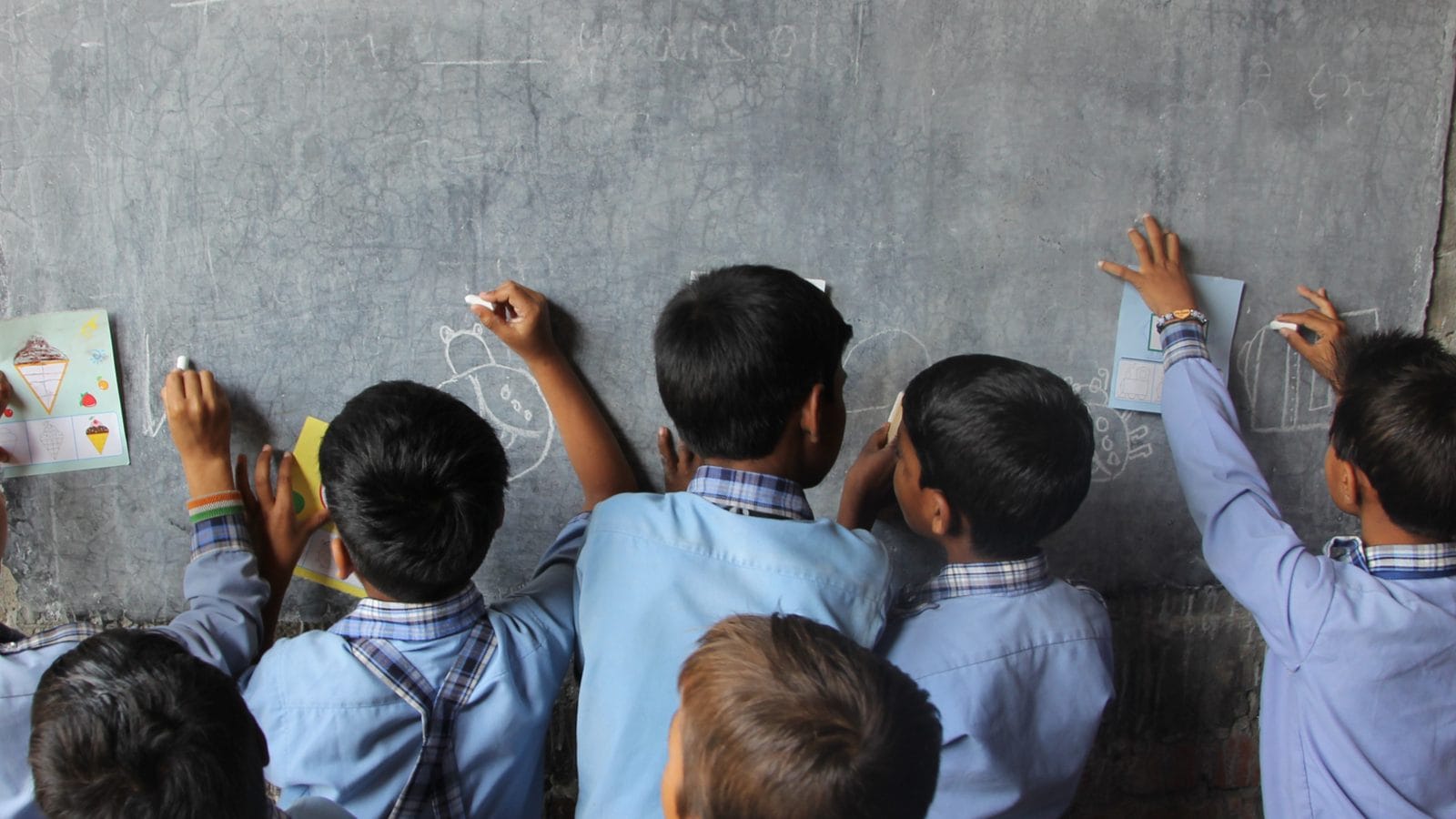The newly announced Nipun Bharat mission, with the ambitious goal of ensuring foundational literacy and numeracy for every child in the country calls the role of parents in early education vital. Education researchers have known this for years – as far back as the 1960s, the Coleman report in the US showed that household effects are more important for a child’s learning success than school effects.
However, how will low income parents, many of whom have the skills required to help their children learn but not the awareness or the confidence, become their children’s first teachers, and help them achieve the foundational skills they need to make meaning out of the rest of their journey in school? The first step on the parents’ journey must be awareness that their role is vital for their children – at scale, this awareness can be brought about by a mass movement, driven by a campaign.
There is precedence for such a campaign. The last broad based mass movement in education with widespread reach was likely ‘School Chalen Hum’. A campaign by the Sarva Shiksha Abhiyan in 2006 with the aim of universalizing primary education, it successfully galvanized communities around enrolment in schools. Given its widespread reach and well-crafted message, it undoubtedly contributed to a boost to enrollment rates (with enrollment rising from 85-90% in 2006 to 95%+ in 2020 for 6-14 year olds) along with building awareness about the importance of education as a whole.
Yet today, while we have achieved near universal enrolment, the quality of education continues to remain a challenge. ASER results show that even today 25% of grade 1 children cannot recognize letters, and 43% cannot recognize numbers. Drop out rates, especially for girls, have remained high in secondary and high school. If that were not enough, we are now in the midst of a pandemic with hindered academic progress and unprecedented learning loss.
But there is a silver lining – families have now become part of their children’s education in an unprecedented way. Their prime role as their children’s first and most important teachers has finally come to the forefront. Additionally, we now have better ways to reach them than ever before – ASER reports that 62% of even rural households have access to a smartphone today, which goes up to close to 90% in urban India.
It is now time for another mass media campaign to build on the momentum of parental participation through the lockdown, one which invites parents to participate in achieving the promise of foundational education going forward. Such a campaign has to be joyful as well as understanding of low income parents’ considerable constraints in terms of capability, capacity, and confidence.
These parents’ jobs are physically and mentally demanding, they may not have more than 20 minutes per day to spend with their child, and they are often not confident that they are the right people to teach their children. However, even those 20 minutes, productively used, can make a real difference to their children’s future.
The pandemic has allowed parents to see these results firsthand and break through some of these barriers, but we need to now create strong communication and social pull to ensure that this behaviour becomes a habit.
This communication and social pull should embody a message to parents on the lines of “we believe that you can play a critical role in shaping the future of your children through education at home, and we will empower you to play that role”. What will help even more is if this message is delivered via the voices of role models – politicians, bureaucrats and teachers, and even celebrities.
The Uttar Pradesh government, which is taking strong steps towards foundational literacy and numeracy at the primary education level through “Mission Prerna”, has brought in Suresh Raina as the face of its education mission – as he talks about being a father of young children and doing learning activities with them, parents’ faces light up with hope.
This hope is what we need to re-create and sustain the energy of more than 75 million parents in India today. Nurturing that hope is why we need a broad-based campaign along the lines of Ghar pe bhi padhein hum’, which does for parental engagement what ‘School chalein hum’ did for enrollment – create sustained mindset change across households and communities at a national level which reflects in policy and educational outcomes.
In our programme in Rocket Learning, we send a small video activity each day to parents with a call to action. This article is our call to action to the government and policy makers – we hope to see a new tune for primary education become a pleasant daily routine for millions of parents and educators soon.
Disclaimer:Namya Mahajan, Vishal Sunil and Siddhant Sachdeva are co-founders of Rocket Learning
Read all the Latest News, Breaking News and Coronavirus News here
Source link




